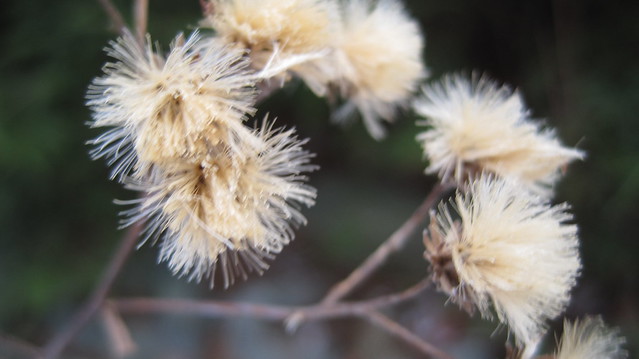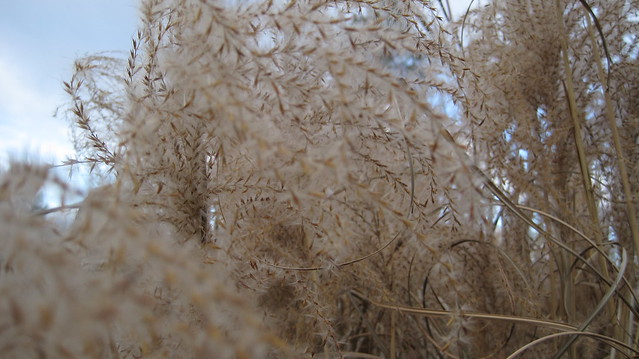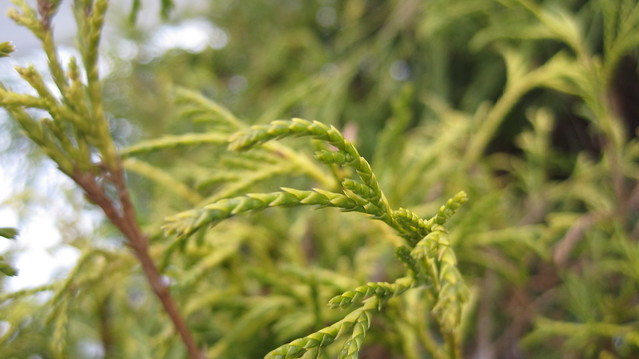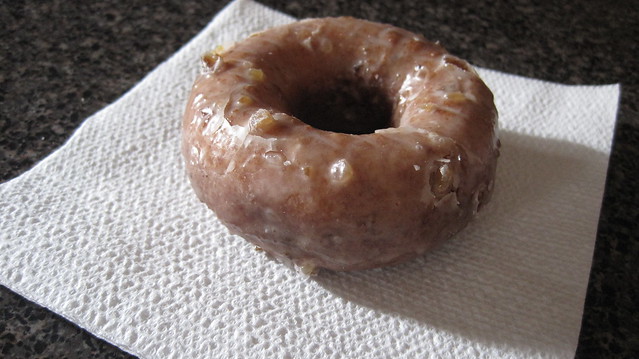
On Wednesday, I spent nearly ten hours at LaGuardia for reasons I still don't quite understand. I made the best of it by reading, among other things, David Foster Wallace's `Consider the Lobster' from the essay collection of the same name. It's a brilliant piece on the annual Maine Lobster Festival that not only reports on its attractions (or, more likely, detractions) but reflects more generally on the practice of lobster preparation and eating--something unavoidable when the festival boasts of having the World's Largest Lobster Cooker:
Since [...] the assigned subject of this article is what it was like to attend the 2003 MLF, and thus to spend several days in the midst of a great mass of Americans all eating lobster, and thus to be more or less impelled to think hard about lobster and the experience of buying and eating lobster, it turns out that there is no honest way to avoid certain moral questions.
And so, DFW asks: "Is it all right to boil a sentient creature alive just for our gustatory pleasure?"--while quite cognisant of the groans that such a question is bound to elicit: "A related set of concerns: Is the previous question irksomely PC or sentimental? What does `all right' even mean in this context? Is it all just a matter of individual choice?"
What I like best about this piece is its honesty. DFW--like most of us, probably--is genuinely confused about cooking and eating lobster. And so, with his usual bite, DFW asks questions that are astute and Socratically penetrating.
After thorough consideration of lobster physiology (lobsters, it turns out, are rather tactilely sensitive and cannot easily be rendered unconscious because of the distribution of their nerve bundles, and the fact that they produce no natural opioids might mean that their experience of pain is not at all like ours or that it is, and they just aren't as fortunately equipped to cope with it--in short, the data on lobster pain is inconclusive), DFW goes on to reflect on his own lay reaction to the lobsters awaiting their fate outside the World's Largest Lobster Cooker and finds it difficult not to see their frantic and impotent movement as an expression of their unhappiness or fright, even if of a more rudimentary sort than our own. "... and, again, why does rudimentariness even enter into it? Why is a primitive, inarticulate form of suffering less urgent or uncomfortable for the person who’s helping to inflict it by paying for the food it results in?"
But, after comparing aspects of the MLF to a "Roman circus or medieval torture-fest," he reels back, saying:
My own immediate reaction is that such a comparison is hysterical, extreme—and yet the reason it seems extreme to me appears to be that I believe animals are less morally important than human beings; and when it comes to defending such a belief, even to myself, I have to acknowledge that (a) I have an obvious selfish interest in this belief, since I like to eat certain kinds of animals and want to be able to keep doing it, and (b) I have not succeeded in working out any sort of personal ethical system in which the belief is truly defensible instead of just selfishly convenient.
DFW is visibly torn, and this leads him into a final barrage of questions, genuine questions:
Given this article’s venue and my own lack of culinary sophistication, I’m curious about whether the reader can identify with any of these reactions and acknowledgments and discomforts. I am also concerned not to come off as shrill or preachy when what I really am is confused. Given the (possible) moral status and (very possible) physical suffering of the animals involved, what ethical convictions do gourmets evolve that allow them not just to eat but to savor and enjoy flesh-based viands (since of course refined enjoyment, rather than just ingestion, is the whole point of gastronomy)? And for those gourmets who’ll have no truck with convictions or rationales and who regard stuff like the previous paragraph as just so much pointless navel-gazing, what makes it feel okay, inside, to dismiss the whole issue out of hand? That is, is their refusal to think about any of this the product of actual thought, or is it just that they don’t want to think about it? Do they ever think about their reluctance to think about it? After all, isn’t being extra aware and attentive and thoughtful about one’s food and its overall context part of what distinguishes a real gourmet?
Seriously Socratic. When do you ever get something so self-examining in a food magazine?
Yes, best of all, Gourmet, which gave DFW the assignment, actually published the piece in their August 2004 issue. I know that the magazine was reputed to be the more substantive of Conde Nast's two culinary monthlies, but really, DFW is no feel-good food writer--he sets out to challenge his reader, intellectually and morally. I never did hold a subscription, but I can lament the loss now.
Photo credit: Clarita Berger via Gourmet.




